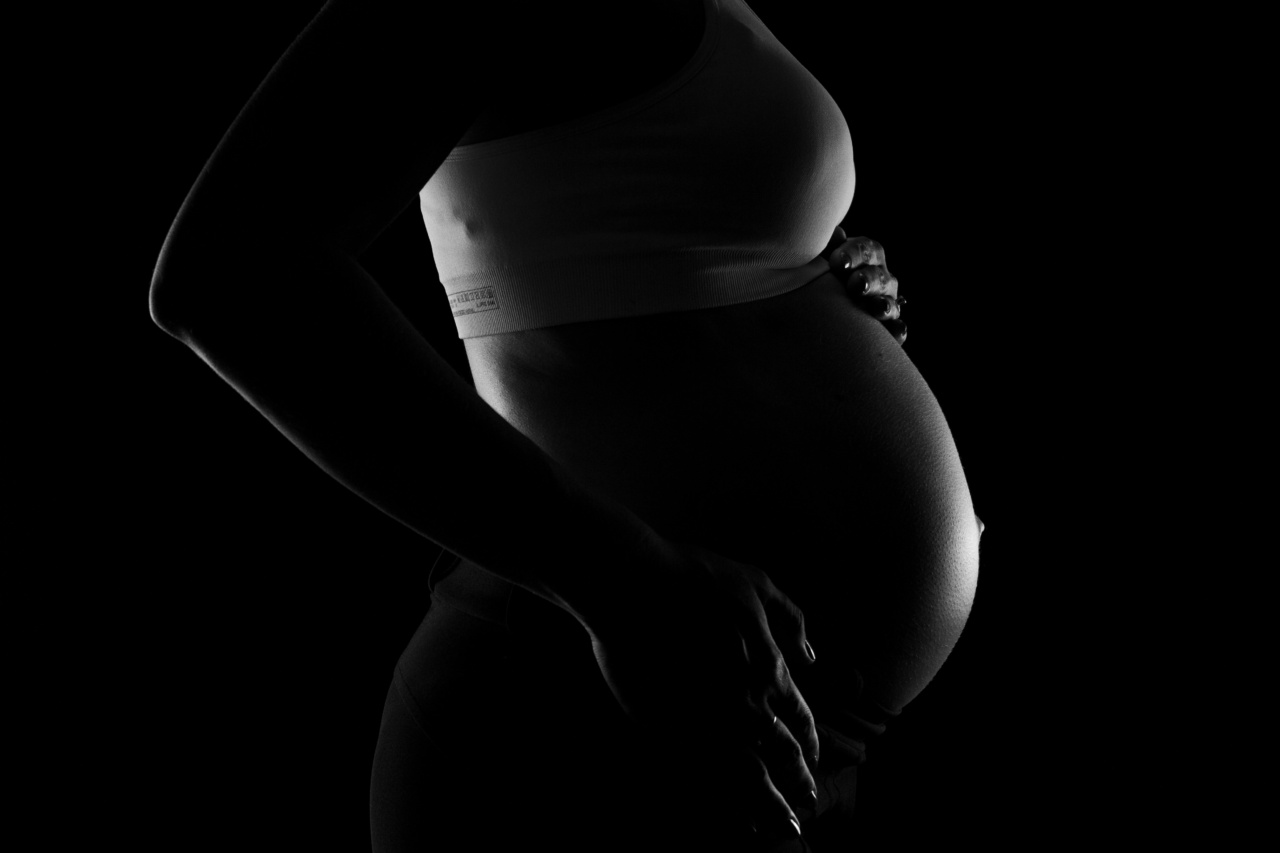Breast cancer is a widespread and life-threatening disease that affects millions of women worldwide.
As researchers continue to explore the various risk factors associated with breast cancer, one area of interest is the age at which a woman has her first pregnancy. Several studies have suggested a relationship between the age at first pregnancy and the incidence of breast cancer. In this article, we will delve into this topic and analyze the impact of age at first pregnancy on women’s health.
Understanding Breast Cancer
Before diving into the discussion, it’s crucial to have a basic understanding of breast cancer. Breast cancer occurs when malignant cells develop in the breast tissue.
It is one of the most common forms of cancer among women, but it can also affect men, although it’s significantly less common. Early detection and treatment play a vital role in improving survival rates and quality of life for those diagnosed with breast cancer.
The Role of Hormones in Breast Cancer
One of the key factors that make breast cancer a unique concern for women is its hormonal connection. Hormones, such as estrogen and progesterone, contribute to the growth and development of breast cells.
The influence of hormones on breast tissue makes reproductive factors, such as pregnancy, important to consider in the context of breast cancer.
Early Pregnancy and Breast Cancer Risk
Early pregnancy, typically defined as a first full-term pregnancy before the age of 30, has been found to have a protective effect against breast cancer.
Researchers have suggested that the breast tissue undergoes cellular changes during pregnancy that reduce the risk of developing cancer cells later in life.
Studies have consistently shown that women who become pregnant at an early age have a lower risk of breast cancer compared to those who have their first child at an older age or have never been pregnant.
This protective effect remains even after adjusting for other factors, such as breastfeeding and family history of breast cancer.
Furthermore, the protection against breast cancer conferred by early pregnancy seems to be dose-dependent. In other words, each full-term pregnancy a woman has before the age of 30 can contribute to a lower risk of developing breast cancer.
Delayed Pregnancy and Breast Cancer Risk
On the other hand, delayed pregnancy, defined as having a first full-term pregnancy after the age of 30 or never having been pregnant, has been associated with an increased risk of breast cancer.
The prolonged exposure of breast tissue to estrogen due to delayed pregnancy is believed to contribute to this increased risk.
Estrogen levels remain relatively high in women who have not experienced a full-term pregnancy, and this constant exposure can potentially enhance the growth of cancer cells in the breast tissue.
It’s important to note that the concept of delayed pregnancy and its association with breast cancer risk is not solely based on age but also considers the biological changes that occur in a woman’s reproductive system.
Factors such as menstrual history, hormonal imbalances, and fertility treatments can all influence the timing of a woman’s first pregnancy.
Other Factors to Consider
While age at first pregnancy is an important factor to consider, it should not be viewed in isolation. Several other factors contribute to the overall risk of developing breast cancer in an individual. These factors include:.
- Family history of breast cancer
- Genetic mutations, particularly the BRCA1 and BRCA2 genes
- Exposure to certain hormone-mimicking chemicals
- Personal history of previous breast conditions, such as lobular carcinoma in situ (LCIS) or atypical hyperplasia
- Obesity and a sedentary lifestyle
- Excessive alcohol consumption
- Prolonged hormone replacement therapy (HRT)
It’s essential to consider these additional risk factors alongside age at first pregnancy to gain a comprehensive understanding of an individual’s breast cancer risk profile.
Implications for Women’s Health
The relationship between age at first pregnancy and breast cancer risk has several implications for women’s health, particularly those who may be planning their families or making reproductive choices.
Firstly, the findings highlight the potential benefits of early pregnancy in terms of breast cancer prevention.
For women who are considering starting a family, aiming for an earlier first pregnancy, if feasible and aligned with their personal circumstances, may provide an avenue for reducing their long-term breast cancer risk.
Conversely, women who delay childbearing for personal or professional reasons should be aware of the potential elevated breast cancer risk associated with delayed pregnancy.
They may choose to discuss these risks with their healthcare providers and explore other options for managing their breast cancer risk, such as implementing regular breast screenings and maintaining a healthy lifestyle.
Additionally, these findings emphasize the importance of individualized healthcare and tailored risk assessments.
Women should consult with their healthcare providers to understand their specific risk factors and develop a comprehensive breast health plan that aligns with their unique circumstances and goals.
Conclusion
The age at which a woman has her first pregnancy appears to have a significant impact on her risk of developing breast cancer.
Early pregnancy has been consistently associated with a lower risk of breast cancer, potentially due to the cellular changes that occur in the breast tissue during pregnancy. On the other hand, delayed pregnancy or never having been pregnant has been linked to an increased risk of breast cancer, likely due to prolonged exposure to estrogen.
It’s important to consider age at first pregnancy alongside other risk factors for breast cancer to obtain a comprehensive understanding of an individual’s risk profile.
This information can guide discussions with healthcare providers and inform decisions regarding family planning and breast cancer prevention strategies.





























